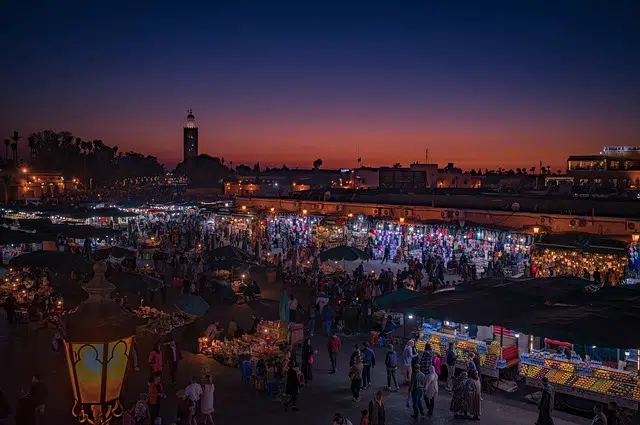
The first world is made up of the most developed countries
It is common that, in the field of politics and economics , the world is divided in two, differentiating between the first world and the third world . This is a fragmentation linked to the development achieved by each country .
most developed nations
The first world , in this framework, is made up of the most developed nations on a social and economic level . The third world , on the other hand, is made up of states that show less development .
Generally, the notion of first world is associated with the human development index ( HDI ) prepared by the United Nations Development Program ( UNDP ). The countries best positioned in this ranking are part of the first world, offering a good quality of life to the majority of their population.
It is understood that in the first world citizens have access to quality services . According to experts in political science and sociology, development often depends on the existence of strong institutions that guarantee the functioning of democracy and the rule of law .
Evolution of the concept
It is important to mention that the distinction between these “worlds” arose after World War II . At that time the Western bloc (capitalist) and the Eastern bloc (socialist) were born, leaving the rest of the nations in the third world. Over time, the positioning that placed the most advanced societies in the first world and the rest in the third world emerged. The concept of second world, on the contrary, fell into disuse.
Although this classification may change in the future, today England , Japan , Germany , Australia and the United States , among others, are placed in the first world. For segmentation, the HDI and other factors are analyzed, such as the gross domestic product ( GDP ), two concepts that we will analyze in detail below.
HDI
This is the human development index , an indicator that is in charge of the United Nations as part of its Development Program and that serves to classify countries into three different levels. The components of this index are the following: per capita income, education and life expectancy . Each of them can, in turn, be subdivided into more aspects, to obtain a survey in accordance with the complexity of the different communities. Its creation is due to Mahbub ul Haq , an economist born of Pakistani origin.
In 2010, a new index was created, the one adjusted for inequality , which takes this factor into account among the different countries analyzed to produce realistic values. Although the United Nations authorities have not discarded the HDI, they point out that this new version is fairer with the undeniable social differences, and for this reason it does not show a maximum ideal or potential, but rather the human development that truly exists in each country, whether from the first world or the third.

To classify countries, HDI and GDP are taken into account, among other factors.
GDP
The gross domestic product (which is also known as gross domestic product or domestic product ) is a magnitude belonging to the field of macroeconomics that allows us to know the monetary value that over a given portion of time (usually a quarter or a year) represent the goods and services produced in a country or region.
It should be noted that these products and services that are measured are those purchased by end users. To calculate GDP, different approaches must be used that complement each other. Once the resulting values are adjusted, the so-called underground economy appears in them, all those economic activities that citizens do not declare.
